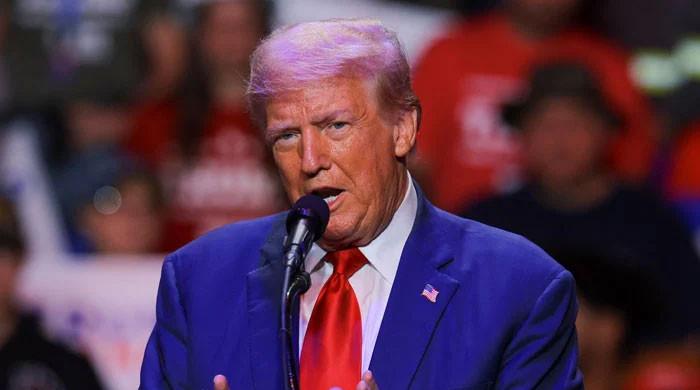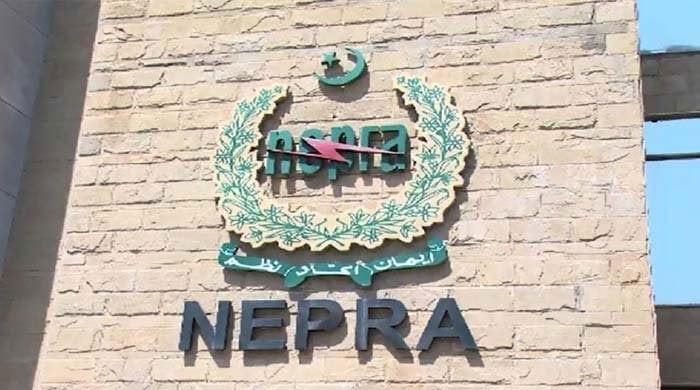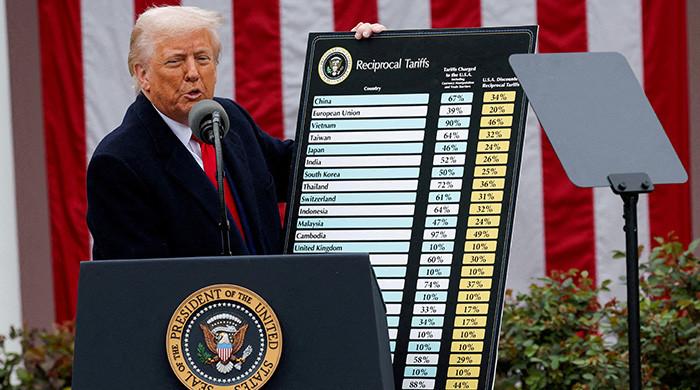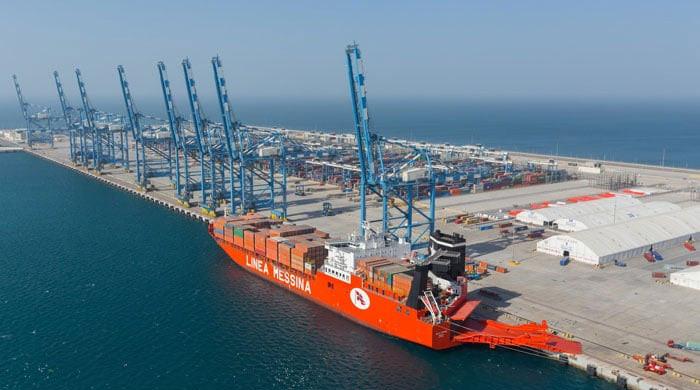Inflation surges to record high, exacerbating masses' misery
Pakistan has fastest rising prices in Asia, which have left behind even Sri Lanka where inflation was measured at 35.3% in April
May 02, 2023
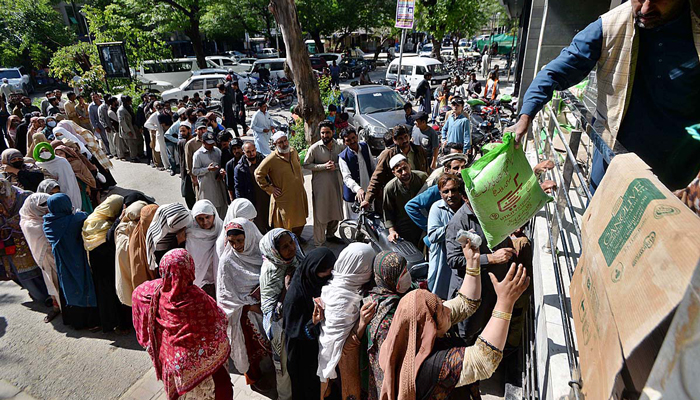
- Inflation recorded at 36.4% in April, compared to 35.4% in March.
- This is the highest inflation ever, according to Arif Habib Limited.
- Economist says inflation will continue to remain elevated.
Amid the unceasing political and economic turmoil in the country that continues to make the lives of citizens miserable, monthly inflation has soared to an all-time high, data released by the Pakistan Bureau of Statistics (PBS) showed Tuesday.
Inflation, measured by the Consumer Price Index (CPI), clocked in at 36.4% year-on-year in April. It was recorded at 35.4% last month and 13.4% in April 2022.
This is the highest inflation ever, according to data available since 1965, Arif Habib Limited said. Meanwhile, inflation rose by 2.4% month-on-month.
According to Bloomberg, Pakistan has the fastest rising prices in Asia, which have left behind even Sri Lanka where inflation was measured at 35.3% in the previous month.
Sana Tawfiq, an economist at Arif Habib Limited, said the headline inflation was in line with expectations. The prices of wheat, vegetables and fruits drove up food inflation, she said.
Meanwhile, the month-on-month inflation was driven mainly by food, clothing, household equipment and recreation sub-indices. Housing was down due to a decline in electricity charges, she commented.
The economist said inflation was likely to remain elevated before receding in the second half of the current year with the high-base effect kicking in. "The risks associated with overall inflation are: weaker currency, international commodity prices and domestic food prices."
Pakistan's inflation has been elevated for months as the economic crisis worsened, the rupee depreciated sharply and devastating floods during last year's monsoon season destroyed crops. The situation was exacerbated by the huge drop in the country's foreign exchange reserves that left it with less than a month's import cover.
The Pakistani rupee has been one of the world's worst-performing currencies this year, depreciating 20% against the US dollar. This has made imports, including food and fuel, much more expensive while the country desperately looks for ways to finance its balance-of-payments deficit.
The government has been in talks with the International Monetary Fund (IMF) for months to revive a stalled loan programme that would disburse over $1 billion as well as unlock funding from other multilateral institutions and friendly countries.
Measures taken by the government to revive the loan programme, including increasing taxes, removing subsidies and hiking the benchmark interest rate to a record high of 21%, have also contributed to elevated inflation levels.
CPI breakdown
According to the latest PBS data, inflation in urban and rural areas rose to 33.5% and 40.7% year-on-year, respectively.
Food inflation continued to remain high, making life even more difficult for citizens. Prices of non-perishable food items jumped to 51.5% while perishable food items rose to 29.23% compared to April last year.
The biggest jump was recorded in the alcoholic beverages and tobacco sub-index which surged to 133.53%.
Meanwhile, transport increased to 56.77%, housing and utilities to 16.94%, clothing and footwear to 21.62%, furnishing and household equipment maintenance to 40.53%, restaurants and hotels to 39.03%, miscellaneous to 38.84%, recreation and culture to 68.6%, health to 18.77%, education to 8.5% and communication to 6.75%.




